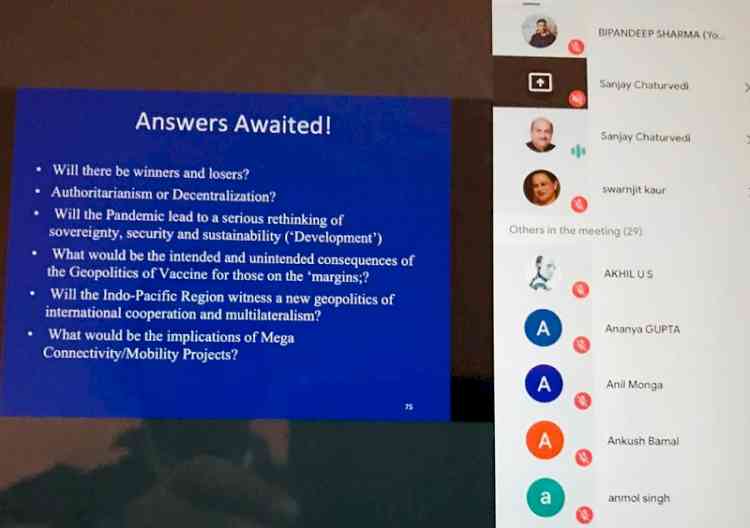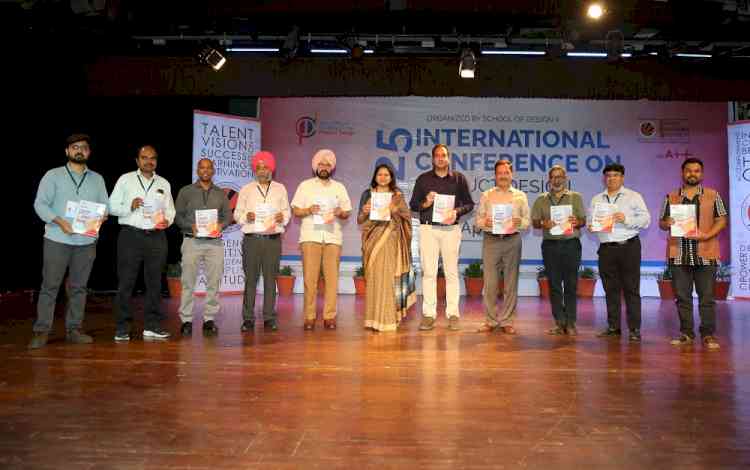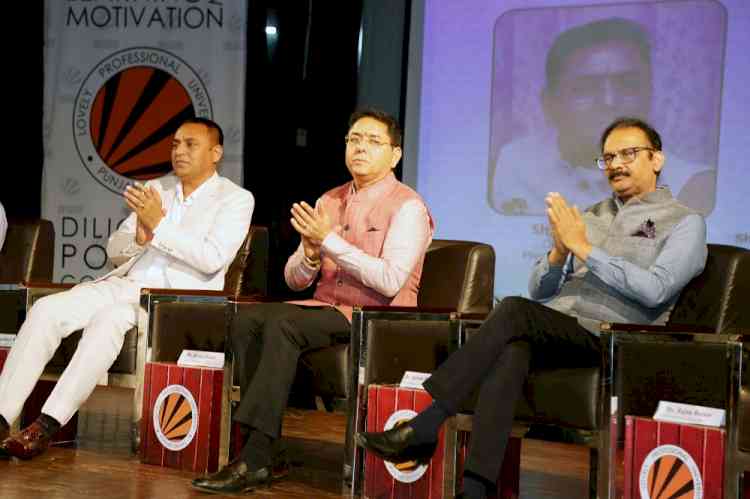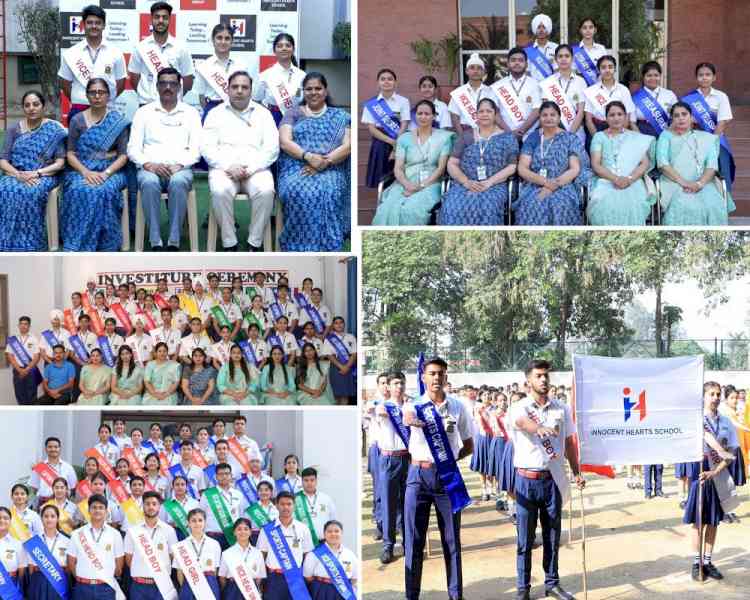Webinar on theme geopolitics of pandemics in Anthropocene
The discussion was followed by the interaction

Chandigarh: A webinar on the theme Geopolitics of Pandemics in Anthropocene was organised by the Panjab University- Institute of Social Science Education and Research(PU-ISSER),Chandigarh. Prof. Sanjay Chaturvedi,Chairperson, Department of International Relations & Dean Faculty of Social Sciences, South Asian University was the invited speaker.
Prof Chaturvedi dedicated his presentation to the forefront warriors of the Novel Coronavirus Pandemic. Through his lecture he presented his views on what coronavirus has done to geopolitics and what geopolitics has done to coronavirus. He expressed that a disease is perceived as geopolitical issue in terms of four main dimensions i.e. destabilization, sovereignty, the instrumentalization of health, and geopolitical economy, which was very much visible through the lockdown, about its longevity and process. This new geopolitics has emerged in the context of larger debates about globalization, development, mobility and security.
He referred to the Inter-governmental Panel on Climate Change, that a growing recognition of the rapidly accelerating role of anthropogenic drivers is disrupting the biogeochemical processes and planetary boundaries of the Earth System. Our evolution and health as human beings have been dependent from the start on our interactions with a planetary ecosystem. The anthropocentric forms of globalization have fundamentally changed these ecological interdependencies, making us the dominant global species and creating today what some scientists and social scientists refer to as a new ecological turned geological era.
He also touched the multi-dimensions of the COVID-19, i.e., Government response, avoiding infection and spread, impact on trade, impact on financial market, workforce impact, and impact on travel and also finding a vaccine which is a big challenge.
He gave a reference of the countries of the Indo-Pacific region, that their population will be the highest by 2050. To further broaden on the theme of the webinar, he stated that a geopolitical competition between free and repressive visions of world order is taking place in the Indo Pacific region. It represents the most populous and economically dynamic part of the world. The U.S. interest in a free and open Indo-Pacific extends back to the earliest days of our republic. He also discussed in brief about the fear of pandemic and pandemic of fear. The pandemic in the form of Climate change is also a big challenge these days for us which is also a new security challenge. He gave references of various narratives relating to geopolitics and the COVID which are being reflected in news in these times highlighting the challenges of the minority groups around us like the refugees and migrants. Towards the end he quoted Swami Vivekananda on the essence of self, Rabindra Nath Tagore on mind being free of fear and the famous quote written outside the Parliament of India ‘Vasudhaiva Kutumbhakam’ that the world is one family and all the humankind is part of that family. Now we humans have to work together to deal with this current pandemic.
Earlier,Prof. Swarnjit Kaur, Coordinator, PU-ISSER while welcoming the guests shared that this was the fourth webinar organised by the Institute in the month of July. She also pointed out that that P. U authorities with Vice Chancellor, Professor Raj Kumar at the helm of affairs has given momentum to the webinar culture in the University. She also introduced the speaker and the theme of the seminar with the participants.
The discussion was followed by the interaction where Prof Ronki Ram, Dean Faculty of Arts, also shared his comments on changing paradigm of International Relations and Prof. Swarnjit Kaur asking about India’s role in new planetary geopolitics. Interestingly, undergraduate students of ISSER Anmol, Himanshi and Tanya posed a few interesting questions. The webinar concluded with a vote of thanks.


 cityairnews
cityairnews 










